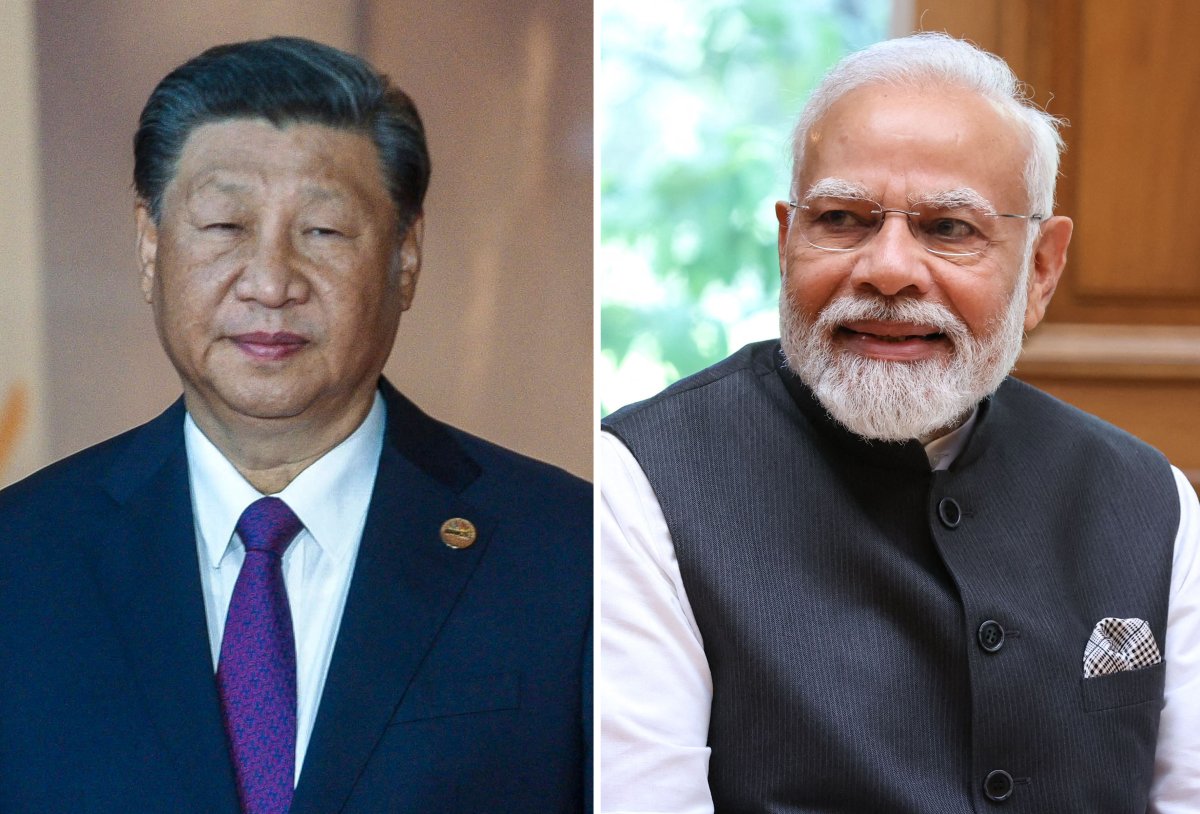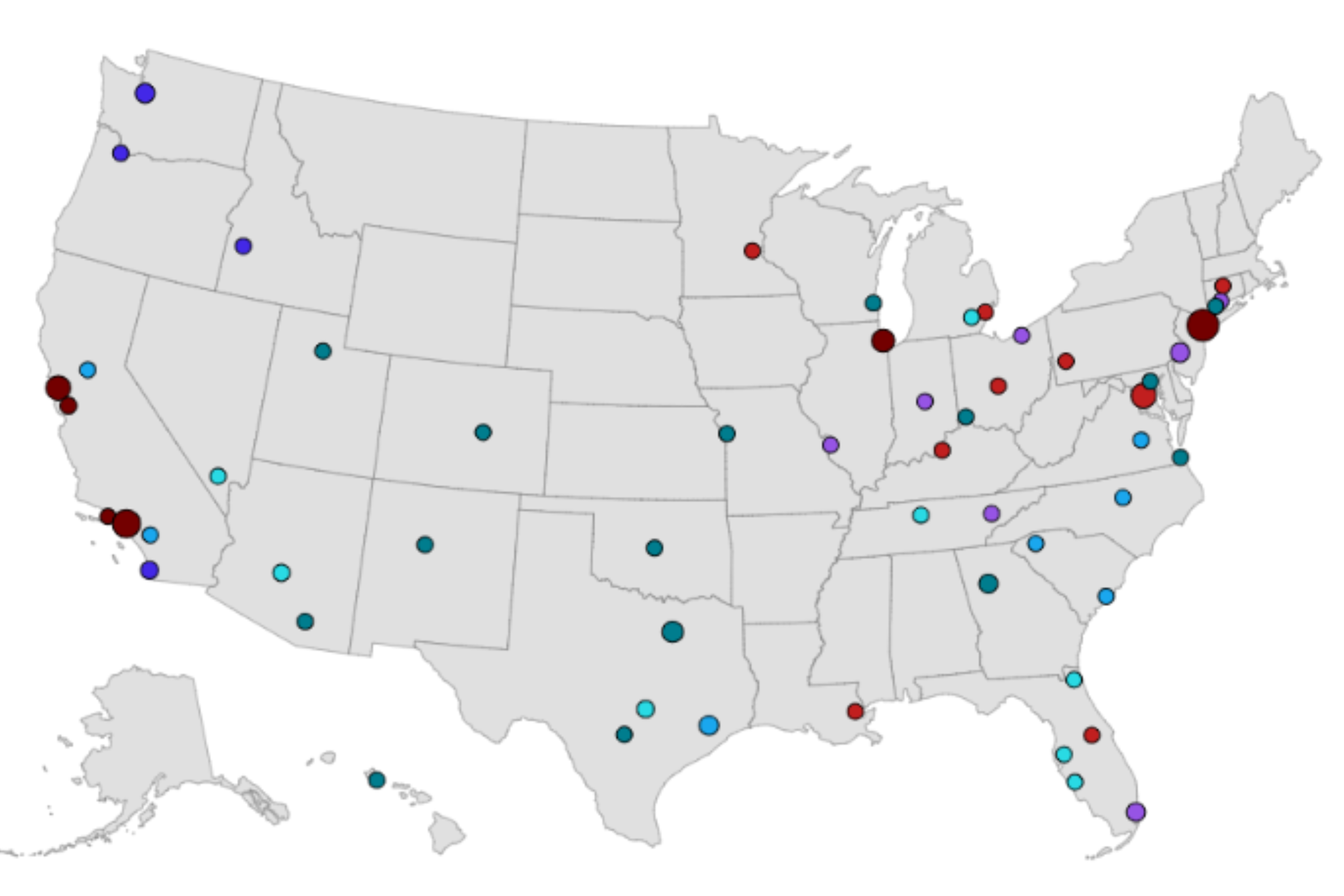The headline of the story published by one popular, if flamboyantly tabloid, Indian media house was clear. "Putin, Xi to skip Delhi G20 summit…"
However, the text below the eyeball-grabbing headline began: "Chinese President Xi Jinping is likely not expected to attend the upcoming G20 summit in India, according to reports."
That rush to be first illustrates both the 24/7 domestic coverage of the upcoming summit in New Delhi, India, and the attention Xi is receiving, both there and around the world, as he remains silent on whether he will in fact attend, or miss it for the first time in his presidency. The silence also offers perspective on the relationship between the two biggest countries on earth.
Xi is minded not to attend, according to several anonymous sources cited by several Western media houses. An unnamed Brussels diplomat was reported to have revealed that he was not attending and would send Prime Minister Li Qiang in his place.

The summit starts on September 9 and New Delhi is taking it very seriously. Offices and colleges are being closed and enhanced security measures will mean most people anywhere near the venue, Bharat Mandapam, will face challenges moving around as global leaders arrive.
There have been leaks about preparations, some more revealing than others, but the revelation that Indian security officials had asked various nations to reduce their motorcades means we can be fairly sure of who is attending.
"I hope he attends," President Joe Biden said on Thursday in Washington, D.C. Officials in the United States also played down the chances of a Xi-Biden meeting in New Delhi, suggesting it would be more likely at the Asia-Pacific Economic Cooperation conference in San Francisco in November, according to Reuters.
The G20, or Group of 20, consists of 19 nations and the European Union. The groupa meets annually, and the presidency rotates each year, with 2023 being India's moment.
The first—and last—time China hosted the event was in 2016, in the city of Hangzhou, in eastern Zhejiang province. The first G20 was held in Washington in 2008. It exists to address major global economic issues, and to bring developing countries into the debate.
The often difficult and always delicate relationship between China and India worsened on Tuesday when China published a new map of its territory, in which it lay claim to lots of its neighbors' lands, including Arunachal Pradesh, over which China and India have feuded over, and Aksai Chin, that China controls, but India still claims. That didn't go down well in New Delhi and was seen by observers there as a deliberate slight in the run-up to the summit. China had nothing to say about that, except to tell India to remain calm.
Meanwhile, India issued China with a "strong protest" over the land grab map.
While Western powers see the summit as an opportunity to lobby India and China over issues such as Ukraine, climate change and food security, India sees its presidency of the summit as another step to burnish its lead country status in the Global South.
"I have nothing to offer in this regard at the moment," said Chinese Ministry of Foreign Affairs spokesperson Wang Wenbin when asked about Xi's travel plans on Thursday.
Indian newspaper The Hindu assessed why Xi would opt out of this G20 meeting, when he has attended every G20 in person since becoming China's leader in 2013, apart from Rome in 2021, when the COVID-19 pandemic prevented any in-person meeting.
"A decision not to travel to Delhi would be significant, especially given that he and Prime Minister Narendra Modi met just a week ago on the sidelines of the BRICS summit in South Africa," the newspaper wrote.
Leadership of the Global South is something the West may need to pay more attention to, given these "will-he-won't-he" moments. Both countries are fiercely competitive, and Beijing might consider the optics of a trip to Delhi to meet world leaders in Modi's backyard a step too far, especially given the Indian prime minister's knack for theatrics and "56-inch chest" hugs.
Perhaps Xi is sending the West a message. Perhaps the BRICS—Brazil, Russia, India, China and South Africa—and ASEAN—the Association of Southeast Asian Nations—groups are the forums where he wants to focus China's attention, going forward. The Chinese leader travelled to South Africa for the BRICS summit on August 22 where he met Modi on the sidelines in what was described as a convivial and useful exchange.
Sana Hashmi of the Taiwan-Asia Exchange Foundation told Newsweek: "Xi's probable decision to cancel his G20 summit visit appears to be driven by concerns of potential snubbing within what he perceives as an anti-China coalition. This decision is also influenced by India and several Southeast Asian countries rejecting the map.
"This cancellation highlights a discrepancy between China's rhetoric and actions. While China has emphasized the significance of multilateral summits, especially with global south countries, Xi's absence suggests otherwise. It suggests that he may not view the G20 as an impartial and multilateral forum, where he's willing to work for collective good, instead prioritizing bilateral differences."
On Friday, the Press Trust of India (PTI) reported that India is "awaiting a written confirmation from China on President Xi Jinping's participation in the G20 Leaders' Summit."
According to PTI, Muktesh Pardeshi, special secretary for G20, said: "We have seen some reports in the newspapers. But, we go by written confirmation. And we have not seen [a written confirmation]. Unless we see that I am not in a position to say either way."
As for Li replacing Xi at the summit, China's Ministry of Foreign Affairs put out a statement on Friday from Wang: "At the invitation of President Joko Widodo of Indonesia, the current ASEAN chair, Premier of the State Council Li Qiang will attend the 26th China-ASEAN Summit, the 26th ASEAN Plus Three Summit and the 18th East Asia Summit to be held in Jakarta, Indonesia from September 5 to 8, and pay an official visit to Indonesia."
Of course, he can still make it to New Delhi by September 9.
Uncommon Knowledge
Newsweek is committed to challenging conventional wisdom and finding connections in the search for common ground.
Newsweek is committed to challenging conventional wisdom and finding connections in the search for common ground.
About the writer
To read how Newsweek uses AI as a newsroom tool, Click here.








